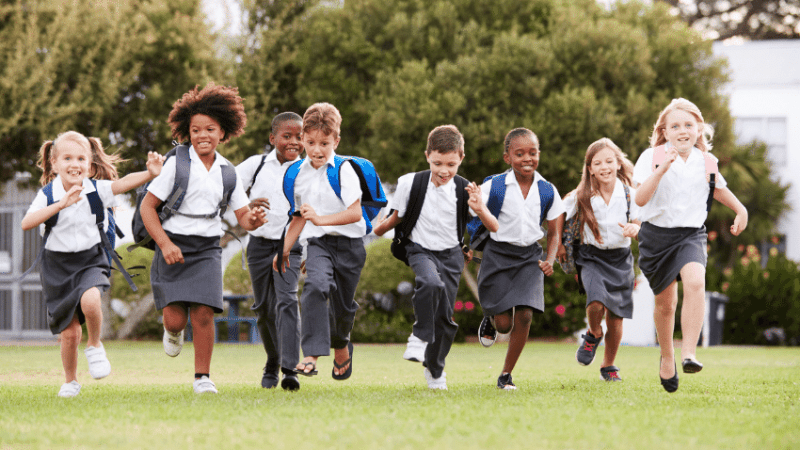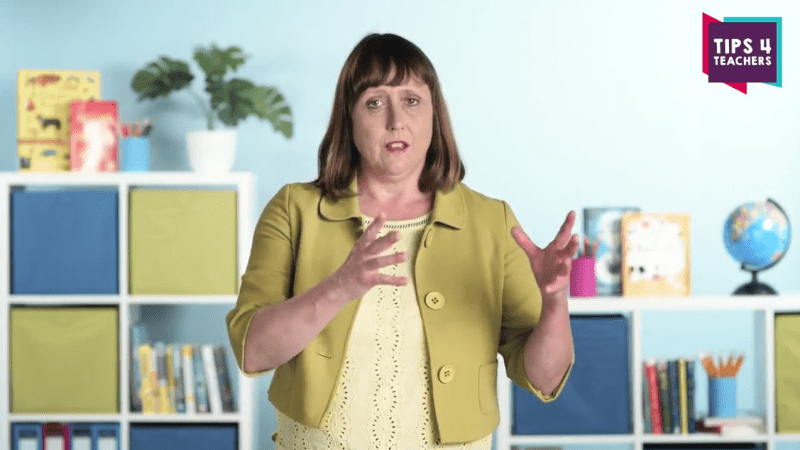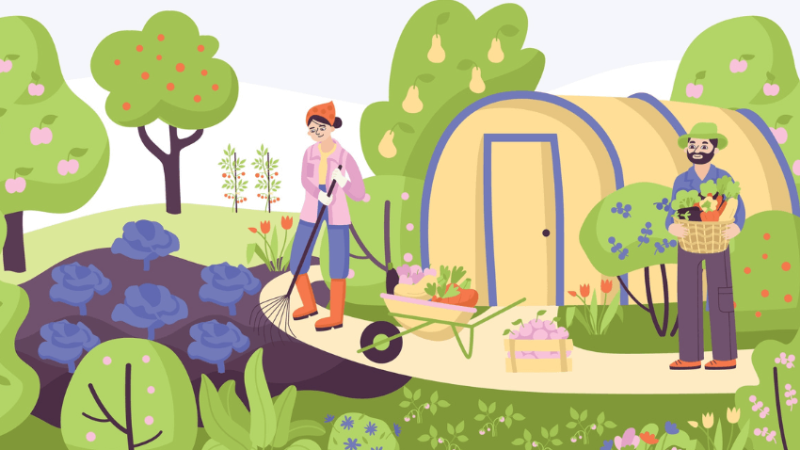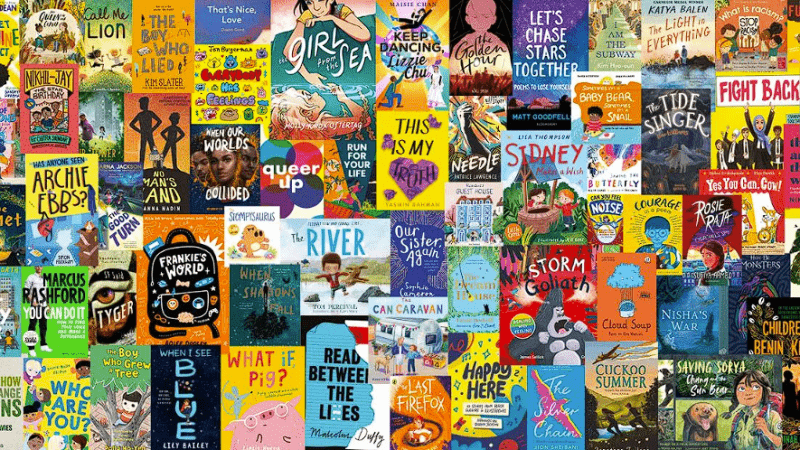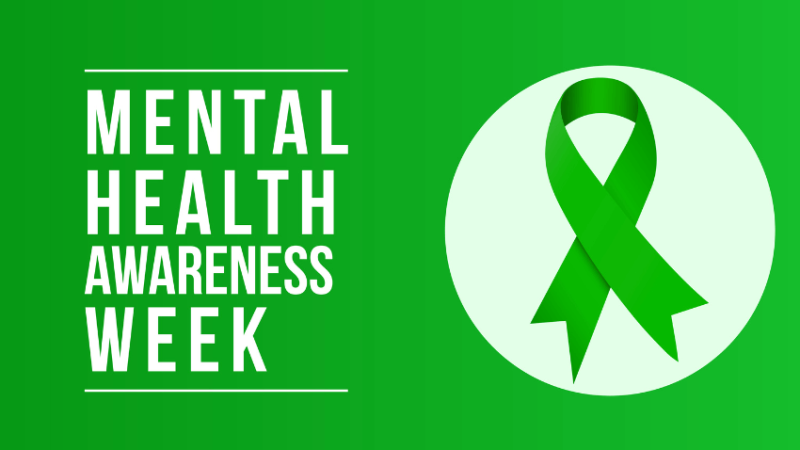Catching up – Focusing solely on academic learning when pupils return to school will be damaging
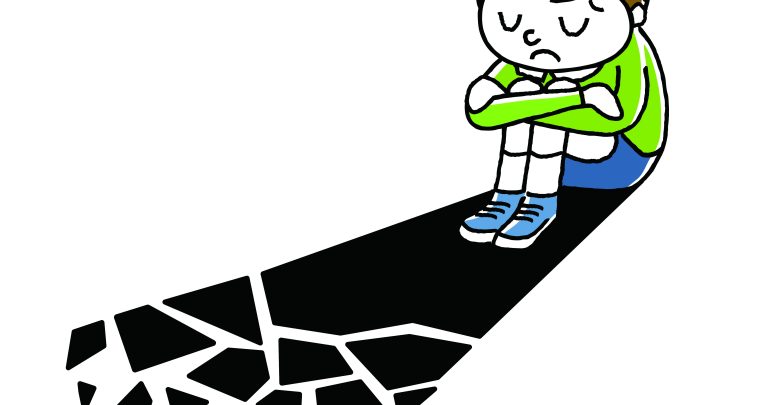
The greatest necessity in the return to school will be to make children feel safe, valued and wanted, says SENCo Sara Alston
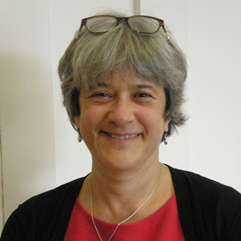
- by Sara Alston
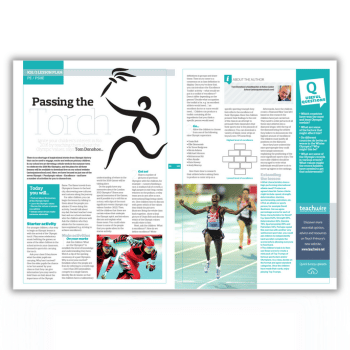
Questions about the return to school are haunted by two ‘spectres’: the impact of the lockdown on the economy and how we ensure children catch up.
Both are rooted in a desire to return to normality and a fear that we, as a nation, and our children in particular, are going to be left behind in some kind of imaginary race.
In reality, the clock stopped for everyone at the same time and we will not be returning to normality.
All our children have missed schooling and will have had different experiences of learning during lockdown.
It will be easy to look at those children who have spent every day, including holidays, engaged in formal learning activities and completed every piece of work set by the school and believe that they will be in some way ahead.
Many people outside of the education system assume those attending school sites are receiving ‘normal schooling’ and will be ahead in this imaginary race.
Those of us rotated to support on-site know that this is not true.
The lockdown has highlighted and exacerbated the inequalities between the ‘haves’ and ‘have nots’.
This has led to a moral panic about children who have not been able to access schooling at home and a desire to force feed them all the lessons they have missed as quickly as possible.
Confusion of teaching and learning
The demand for ‘catch up’ is founded on false premises; children cannot be learning unless they are in school and that they only learn when they are being taught.
This has led to a focus on those children who have not accessed teaching during the lockdown.
There is a school of thought, spearheaded by ex-MP Andrew Adonis, that this teaching should be online, regardless of the access, suitability and safeguarding issues.
But this highlights a more fundamental misconception: that receiving teaching is the same as learning.
As any classroom teacher will tell you, there is a significant gap between what is taught and what is learnt.
All children, even those with a replicated school day being live-streamed into their home, are going to have missed key parts of their education.
Education and schooling are about more than book learning and teachers standing up in front of the class delivering instruction. It is about the interactions and relationships that are at the heart of learning.
Those who adhere to the ‘teaching is learning’ school of thought are deeply concerned about the time children have missed in the classroom.
They see a need to make up this lost time and missed learning as quickly as possible. They are focused on children who will not meet ‘age expectations’.
We will need to accept that children have missed school and will not be at the same point as previous cohorts.
We will need to respond to what children have learnt, not what we expected them to have learnt.
Emotionally ready
The concern about ‘age expectations’ is likely to lead to a rush to formal assessments, so we know where the children are academically and can fill the gaps in their learning.
However, this approach will further exacerbate the inequalities.
Pushing children (and teachers) into ‘catch up’ – including holiday and Saturday classes – will force children into learning they are not emotionally ready to access.
Rather than help them to ‘catch up’, it will exacerbate the inequalities.
It will add to the sense of exclusion increased by calls for learning which they struggled to access without internet access, appropriate resources or a quiet space to learn.
It will leave children feeling lost and unsupported as they struggle to deal with bereavement, loss and separation.
It will confirm their feelings that somehow school rejected them when it shut down and so it is not a safe place for them.
If we get this wrong and focus solely on academic learning which children are not ready or able to access it will intensify their feelings of disconnection, leading to disengagement from school and learning.
If the focus is on academic catch-up and telling children how much they have missed, it will be ineffective and counterproductive.
Valuing what children have learnt
Whatever their educational experience during lockdown, children will have been learning – even those who accessed no formal schooling.
It is too easy to feel that if work was not set by the school and is not measurable in academic terms that it is not ‘proper’ learning and doesn’t count.
If we are to re-engage children in school, we must recognise, value and celebrate their learning of all kinds.
Much of this learning will be different to ‘school learning’ and not on the curriculum. We need to take time to find out who has experienced baking a cake, building a wall or becoming an expert on the Roman Army or the life of an Amazonian dolphin.
Even more importantly, who has been a carer for a sick relative or dealt with grief for someone they couldn’t see?
This learning and possible trauma may not be on the curriculum but will be key to who our children are.
Teachers’ responses will be key to how children are able to reintegrate into school and the people that they will become.
If we dismiss this as not being ‘proper’ learning and focus solely on ‘catch up’, we devalue children’s experiences and deliver damaging messages about school and their place in it.
Creating a supportive curriculum
For children to catch up and re-engage with school we will need to give them the time and space to understand and process their experiences of lockdown.
They will need to learn and adjust to the expectations and routines of the ‘new normal’.
It will take time and support for children to create trusting relationships with adults and each other.
This will not be a quick process and will be different for different children.
For many who have experienced abuse and trauma, it may take weeks or months for them to be ready to access learning.
Without this support children will not be able to ‘catch up’.
Teachers know that unless children feel safe, they cannot learn. The greatest necessity in the return to school will be to make children feel safe, valued and wanted.
Only when we have achieved this, can we begin to move their academic learning on.
This may feel impossible, but it is the challenge met yearly by the best practice in EYFS. This can act as our model for supportive transitions to enable our children to re-engage in learning and catch up when they are ready.
Sara Alston is an independent consultant and trainer with SEA Inclusion and Safeguarding and a practising SENCo. Find her on Twitter at @seainclusion.





